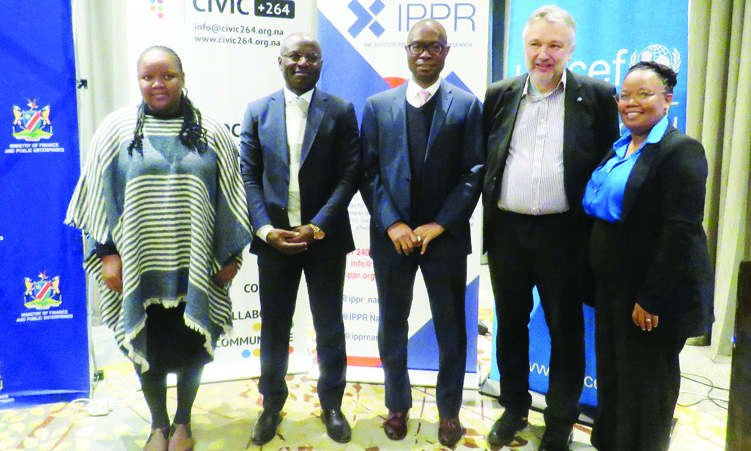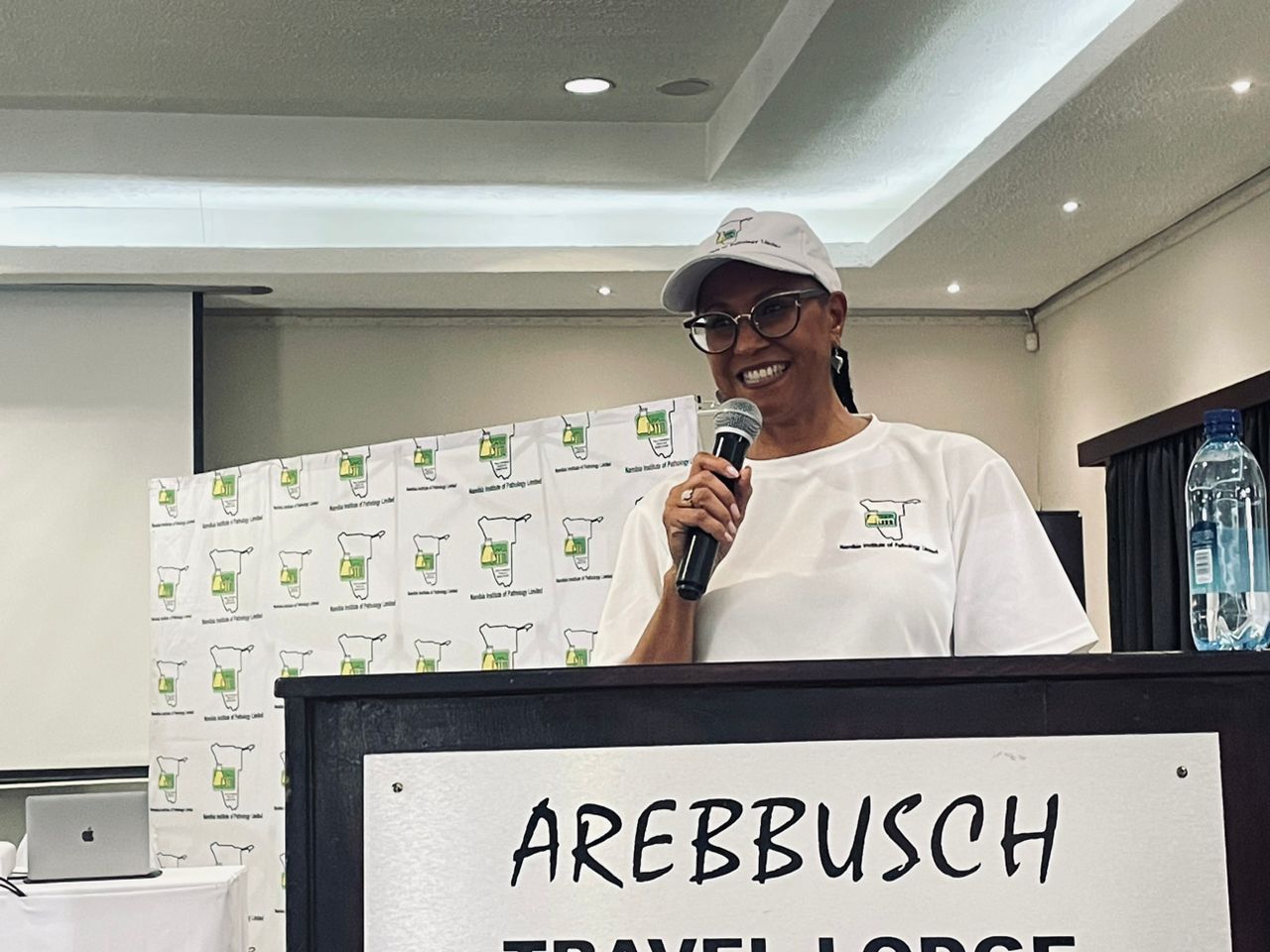The minister of finance and public enterprises, Iipumbu Shiimi, is urging Namibians to actively participate in the country’s budgeting process if they want to influence its outcome.
He was speaking at the launch of the Open Budget Survey (OBS) results in Windhoek on Friday, where he said the ministry expects input from the public at the right time to include some of the ideas in the budget, where possible.
“If you want to influence the budget, don’t wait until February when we bring the budget to the parliament, as the budget is formulated early in the year,” he said, adding that members of the public can even send messages about what they would like to include in the budget.
The OBS is the world’s only independent, comparative and fact-based research instrument to assess public access to government budget information, formal opportunities for the public to participate in the national budget process and the role of budget oversight institutions in the budgeting process.
The ninth edition of the OBS covers 125 countries.
Iipumbu said there is evidence that countries which participate in the survey manage their debts better, more readily achieve their development goals and have better fiscal outcomes.
“Their budget is spent on the right things, therefore development takes place. Hence our decision as a government to participate in the open budget survey,” he said.
“It also improves accountability for those of us in public office. We are there on behalf of the people, therefore, if information is readily available, people can hold us to account,” the minister said.
According to the OBS results, Namibia performed well, particularly in the areas of transparency and public participation.
A presentation by Graham Hopwood, the executive director of the Institute for Public Policy Research (IPPR), in partnership with the United Nations Children’s Fund (Unicef) and the Civic Society Information Centre, revealed that Namibia has a public participation score of 20 out of 100.
Shiimi said his ministry plays a big role in access to information, together with the National Planning Commission, as they produce the budget books.
“Over the past few years, we have created platforms where we can engage the public. We have engaged civic society to get input from the public before we formulate the budget,” he said.
“Next week we are launching the regional engagement programmes.
On 13 and 14 June we will be in the Omaheke region and from there we will go to the Kunene region from 18 to 22 June.
Then the Oshana and Ohangwena regions, before we engage Windhoek around July/August,” the minister said.
Shiimi said the parliament plays a big oversight role in ensuring the budget is accurately implemented.
Answering questions from the floor on why the government allows crumbling school infrastructure, Shiimi said while 90% of the education budget goes to salaries, the government has a backlog in building new schools and classrooms.
“Despite this, Namibia is among the top five countries with the highest education budget in the world, but we have to scale this up,” he said.
– email: matthew@namibian.com.na
Stay informed with The Namibian – your source for credible journalism. Get in-depth reporting and opinions for
only N$85 a month. Invest in journalism, invest in democracy –
Subscribe Now!






